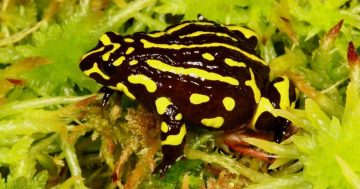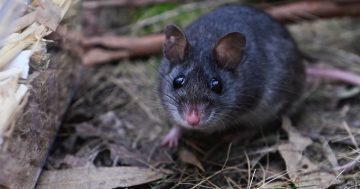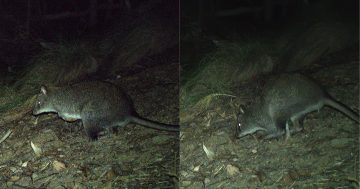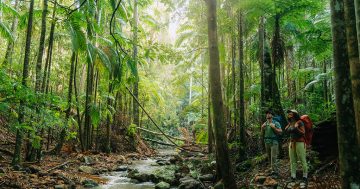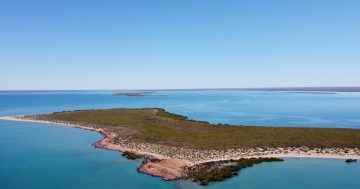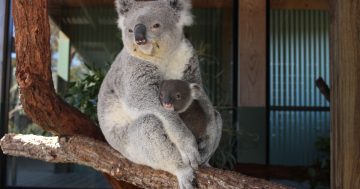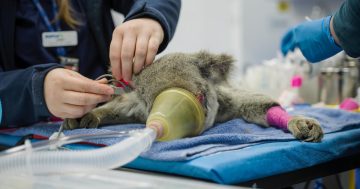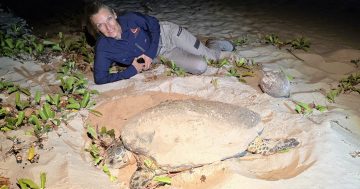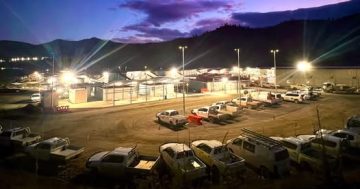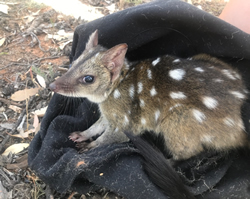 The Department for Environment and Water (DEW) has announced that the species of the western quoll in the Flinders Ranges is appearing to be making a quiet comeback having widespread species in the Ranges.
The Department for Environment and Water (DEW) has announced that the species of the western quoll in the Flinders Ranges is appearing to be making a quiet comeback having widespread species in the Ranges.
DEW said the carnivorous marsupial was once found across Australia and could only be spotted in small pockets of wilderness in southwest Western Australia.
It said an ongoing project it led was helping to reintroduce the native animal to national parks in the northern Flinders Ranges.
Chief Executive for the Foundation for Australia’s Most Endangered Species (FAME), Tracy McNamara, said the foundation had been delighted with the program’s success.
“Our partnership with DEW in this project continually reflects that when like-minded, capable conservationists join forces, the potential for success remains high,” Ms McNamara said.
“The newly established population in the Vulkathunha-Gammon Ranges National Park is a multi-organisational conservation collaboration, returning the endangered idnya (Western Quoll) to an area where they once roamed,” she said.
Senior Conservation Ecologist at DEW, Rob Brandle said the translocation and release of western quolls was a crucial part of one of Australia’s longest-running biodiversity programs, ‘Bounceback’.
“Radio-tracking from the release in April last year indicated a good survival rate with no evidence of predation from cats, possibly because of the abundance of alternative prey in what has been an exceptionally productive year after 250mm of rain in the first five months,” Mr Brandle said.
“The initial reintroduction of the western quoll to South Australia was very successful, with the Ikara-Flinders Ranges National Park population surviving its first prolonged drought and growing annually since 2019,” he said.
“This is the fourth time that we have released western quolls into the national park in the past 12 months, and the addition of further individuals is a major step towards improving its conservation status.”
DEW said Bounceback was a landscape-scale conservation program aimed at protecting and restoring the semi-arid environments of the Flinders, Olary and Gawler ranges, operating on national park reserves, Aboriginal-owned and managed lands, private sanctuaries and pastoral lands.
The project is supported by partner organisations, including the Foundation for Australia’s Most Endangered Species, the South Australian Arid Lands Landscapes Board and the Taronga Western Plains Zoo.
Further information about the Bounceback program can be accessed at this PS News link.


